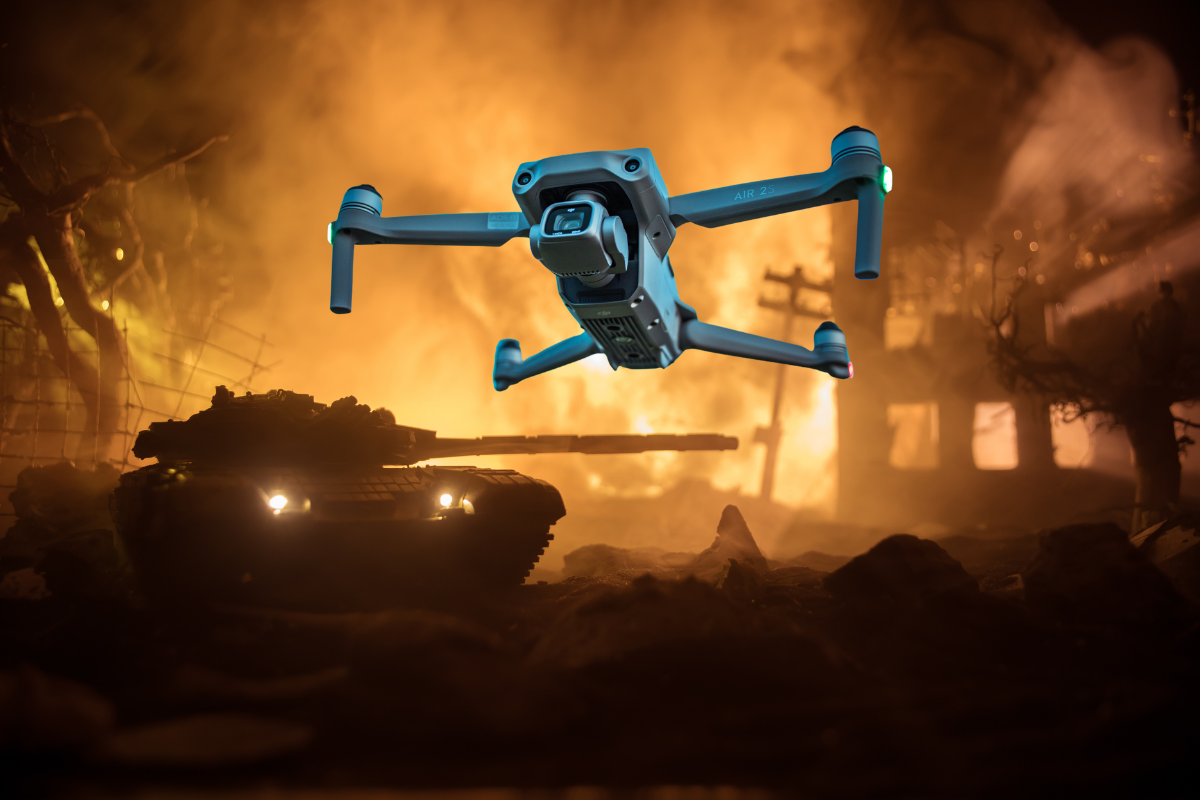NEW DELHI — In a significant development for global defense cooperation, India has been granted observer status in the Eurodrone program, a flagship initiative aimed at developing Europe’s first homegrown medium-altitude, long-endurance unmanned aerial system.
The announcement, made on Monday, January 21, underscores India’s growing interest in strengthening its ties with European defense projects as it seeks to modernize its armed forces and enhance indigenous capabilities. The Eurodrone program, led by Airbus, Dassault Aviation, and Leonardo, is a joint venture among Germany, France, Italy, and Spain.
Designed to reduce dependence on non-European platforms, the initiative has gained prominence as a symbol of Europe’s push for strategic autonomy. As an observer, India will gain access to technical insights and operational updates but will not have decision-making authority in the project.
“India’s inclusion in the Eurodrone program highlights the increasing recognition of its role as a critical player in the global defense landscape,” said a senior Indian defense official. “This partnership opens up avenues for collaboration in cutting-edge technologies and aligns with our vision for self-reliance in defense manufacturing.”
A Strategic Opportunity for India
India’s entry into the Eurodrone program comes at a time when the country is seeking to bolster its drone capabilities. The Indian armed forces have prioritized acquiring advanced unmanned aerial systems for surveillance, intelligence gathering, and precision strikes, especially amid rising tensions with neighboring adversaries.
By joining the program as an observer, India aims to tap into the expertise of leading European defense manufacturers and explore opportunities for technology transfers and co-development. Officials have indicated that India’s eventual goal is to incorporate lessons from the Eurodrone project into its own drone initiatives under the “Make in India” campaign.
Defense analyst Ajay Kumar noted, “This is a strategic move by India to diversify its defense partnerships while also keeping a close eye on developments that could shape the future of unmanned aerial warfare.”
Strengthening India-Europe Defense Ties
India’s participation in the Eurodrone program is the latest in a series of efforts to deepen its defense ties with Europe. In recent years, the two sides have engaged in joint exercises, technology sharing, and defense trade agreements, signaling a growing convergence in their strategic interests.
Europe, for its part, views India as a reliable partner and a key market for defense exports. Observers see this partnership as mutually beneficial, with Europe leveraging India’s geopolitical importance and India gaining access to advanced defense technologies.
Challenges and Criticisms
While the move has been widely welcomed, some critics have raised concerns about the limited scope of India’s role as an observer. Without voting rights or a direct say in the program’s direction, India’s influence on the project will remain minimal.
Others have pointed to potential political challenges, including balancing ties with European nations while maintaining its long-standing defense partnerships with countries like Russia and the United States. Still, defense officials remain optimistic, viewing this as a stepping stone toward greater involvement in global defense initiatives.
Looking Ahead
India’s observer seat in the Eurodrone program marks a milestone in its defense diplomacy and a step forward in its pursuit of advanced unmanned aerial technologies. As the program progresses, India’s engagement is expected to yield valuable insights that could shape its domestic drone development initiatives.
Whether this collaboration leads to deeper partnerships or remains a symbolic gesture, India’s involvement signals its intent to play a more significant role in global defense innovation. For now, all eyes are on the skies—and the possibilities they hold for India’s future in unmanned warfare.



